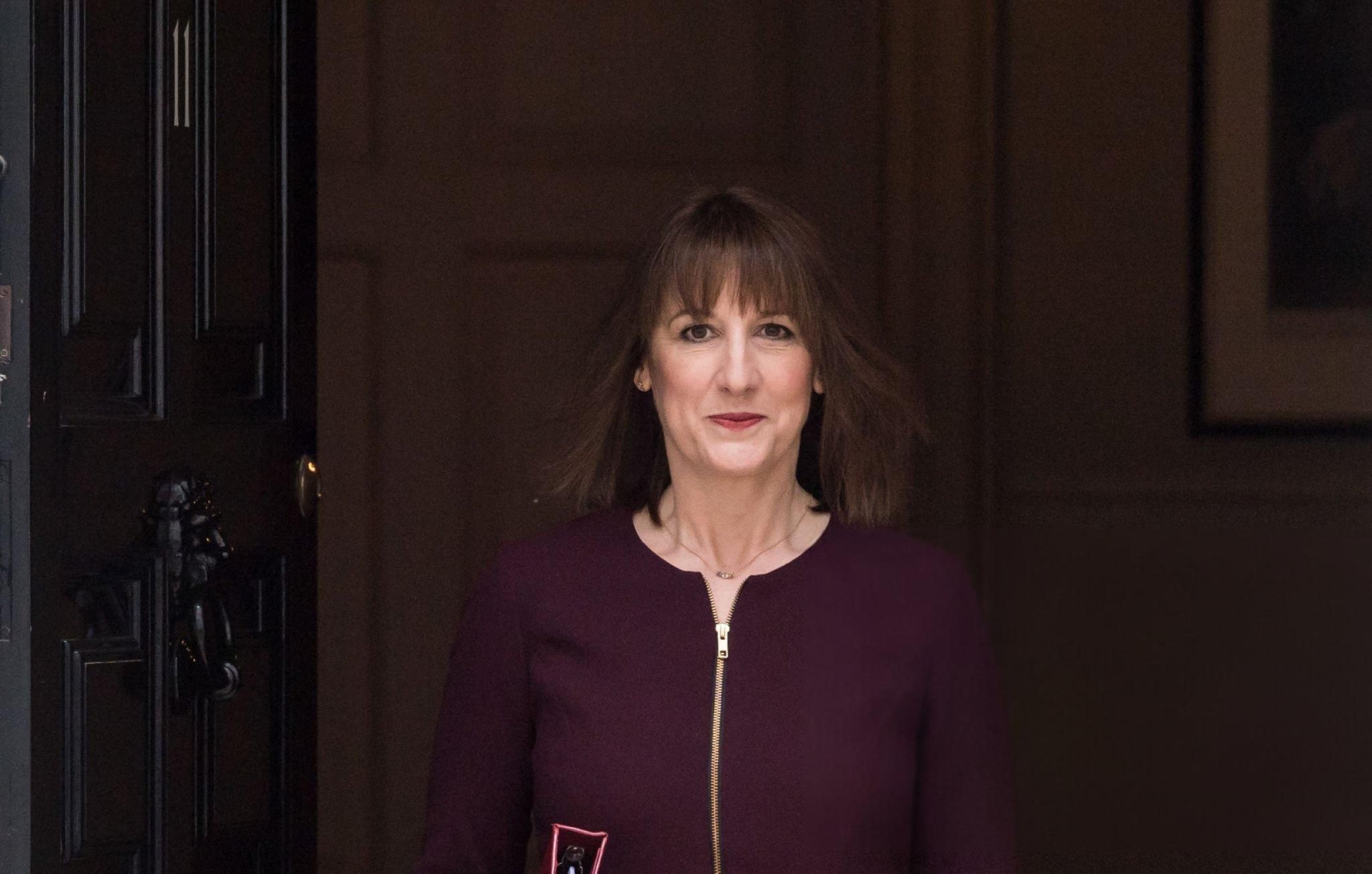Chancellor of the Exchequer Rachel Reeves is under investigation by the parliamentary standards watchdog after failing to declare complimentary theatre tickets within the required 28-day window.
Ms Reeves and three family members attended a performance at the National Theatre on 27 December last year, believed to have been the children’s production Ballet Shoes. The four tickets, worth a total of approximately £276, were not registered on the MPs’ register of interests until 27 March—three months after the event.
The delay prompted Ms Reeves to refer herself to the Parliamentary Commissioner for Standards, Daniel Greenberg. According to Commons rules, MPs must declare any financial interests—including gifts or hospitality—within 28 days. Failure to do so constitutes a breach of the Commons’ Code of Conduct, specifically paragraph 5, which outlines the requirements for timely disclosure.
While the tickets were declared in the ministerial register for December and published in late January, they were only later added to the MPs’ register, suggesting an administrative error. Ministers are obliged to declare hospitality both in their ministerial capacity and as MPs, meaning duplication is required across two separate registers.
A spokesperson for the Chancellor said: “The Chancellor’s interests are fully declared and up to date.” They added that Ms Reeves had voluntarily referred the matter to the commissioner once the oversight was identified.
The investigation was officially opened on 29 April and is now listed on Parliament’s website. While the watchdog has not yet announced its conclusions, the episode has reignited criticism of Ms Reeves’ past acceptance of complimentary entertainment.
Just last month, Ms Reeves faced a wave of scrutiny after she attended an American pop concert without paying. The Chancellor was gifted two tickets to see singer Sabrina Carpenter perform at the O2 Arena, taking a family member with her. The decision drew backlash from some quarters, who accused her of being out of touch at a time when many families are struggling with the cost of living.
Ms Reeves defended the decision at the time, citing personal safety concerns: “I wouldn’t do it again, I felt I was doing the right thing but I do understand perceptions,” she told ITV’s Good Morning Britain. “I’m not intending to take concert tickets in the future. But you know, it is a balancing act in my job to try and be a good parent and also do my job with some of the security challenges that I face.”
The National Theatre incident has prompted further questions about the systems in place to ensure MPs meet their obligations under transparency rules. Critics argue that while the value of the tickets may be modest in comparison to the financial dealings of some MPs, the principle of timely and full disclosure is essential for public trust.
Labour sources maintain that Ms Reeves acted properly by referring the issue herself and that the ministerial register entry shows there was no intent to conceal the hospitality. Nevertheless, the case adds to the growing list of stories in which the Chancellor’s personal and professional boundaries have come under scrutiny.
Parliament’s standards system allows for informal resolutions in cases where breaches are deemed minor and unintentional, particularly if they are self-reported. Should the commissioner take that route, Ms Reeves may be asked to issue an apology or make a corrective statement.
The investigation comes at a delicate time for Labour, as the party attempts to maintain a position of integrity ahead of the next general election. While Ms Reeves remains a key figure in Labour’s frontbench team and a prominent voice on economic policy, the episode may prove an unwelcome distraction.
Whether the investigation results in formal sanctions or is quietly resolved, it serves as a reminder that even small lapses in parliamentary conduct can carry reputational consequences.






